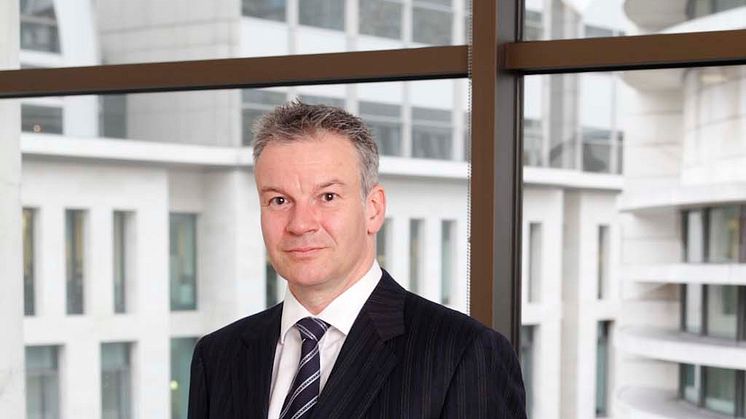
Blog post -
How do we tackle application fraud?
With fraud adding an estimated £50 to every UK policyholder's insurance bill, preventing it is a key responsibility for insurers. But while the industry has successfully clamped down on many practices, fraudsters are adept at finding new ways to play the system.
One of the areas experiencing a spike in activity is application fraud as it can apply to commercial and personal lines feeding into the lingering perception that insurance fraud is victimless.
Like other types of insurance fraud there is unfortunately, an organised element. This can take the shape of Ghost Broking, using incorrect information to exploit vulnerable individuals or those who might struggle to obtain cheap cover. Or it can also, worryingly, take the form of identity theft giving the fraudster cheaper cover for car insurance and helping them avoid detection on the roads via the use of Police ANPR (Automatic Number Plate Recognition) systems.
In contrast, opportunistic application fraud can also be committed by otherwise innocent members of the public who’ve been led to believe it’s acceptable to misrepresent their information when applying for insurance. This could range from stretching the truth on a job title through to ‘forgetting’ a driving conviction to get cheaper cover. For those who are even bolder there are examples of people using someone else’s address to get more favourable terms.
In these cases, although the individual might save money in the short term, if their application embellishment remains undetected, they may well run into issues at the point of claim – this is when they become the victims of their own deceit. Most members of the public are unaware of the consequences of taking such a risk, not considering that their policy could be voided and that they could even end up on the Insurance Fraud Register.
Whether organised or opportunistic, application fraud is something the industry is taking very seriously. Collaboration is a key part of this, with initiatives such as the Insurance Fraud Bureau, the Insurance Fraud Enforcement Department and the Insurance Fraud Register, allowing insurers to share resources and data.
Alongside this, insurers are also increasing their own defences to prevent application fraud. As an example, at Allianz, we've built a strong fraud team and invested in software and technology to identify potential fraud at application stage.
Brokers also have an important role to play in preventing application fraud and we work closely with our broking community. Many brokers secure business through online trading so it's essential they have adequate fraud checks in place. This ensures they identify potential issues and aren't seen as an easy target by the criminals.
Brokers can also help with education, highlighting this type of fraud to their clients. With the fraudsters stealing individuals' identities to shelter their own activity, anyone can be a victim of this crime.
Taking this multi-pronged approach to tackling application fraud will help to stamp it out. But, this is an area where there's no room for complacency: as we shut down one opportunity for the fraudsters, their methods evolve. Staying vigilant and taking a proactive approach to fighting fraud is essential.
This blog first appeared in Insurance Business 5 July 2017.


